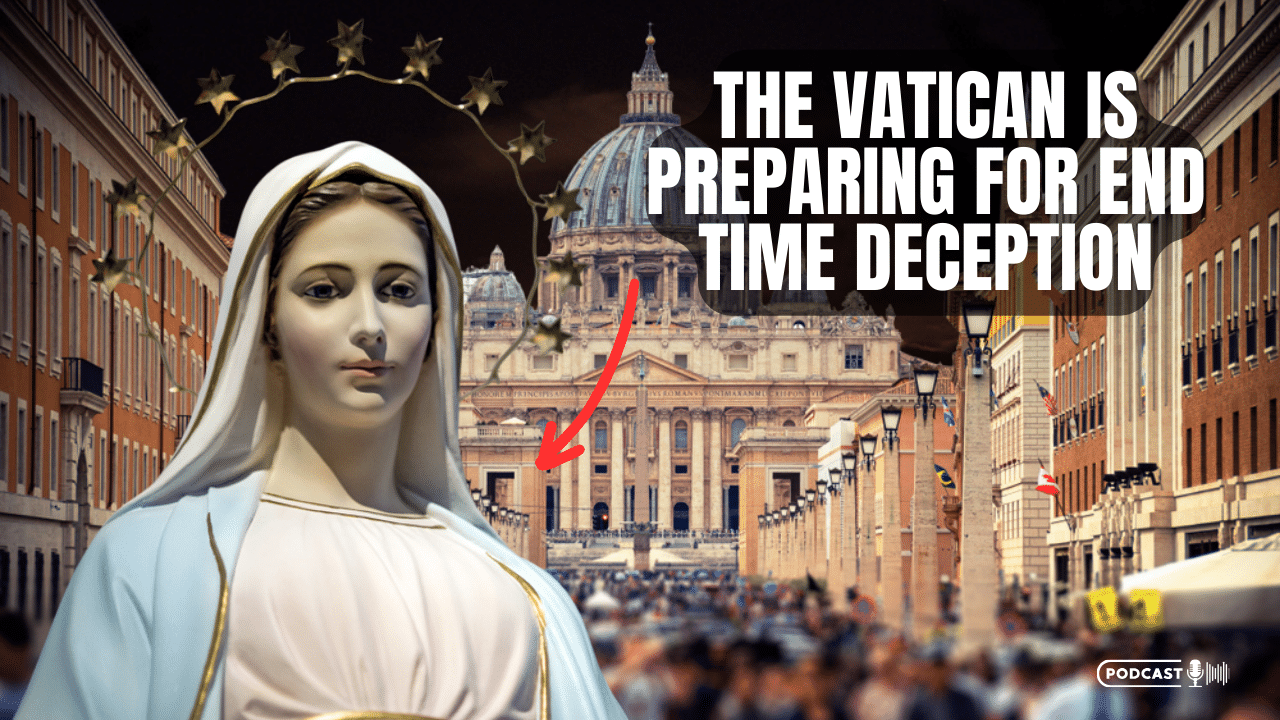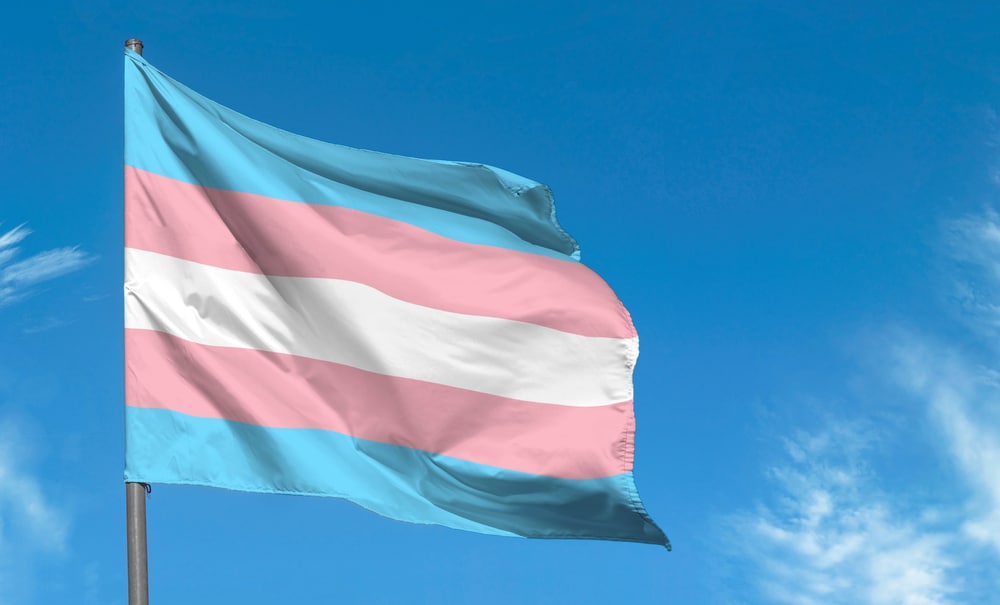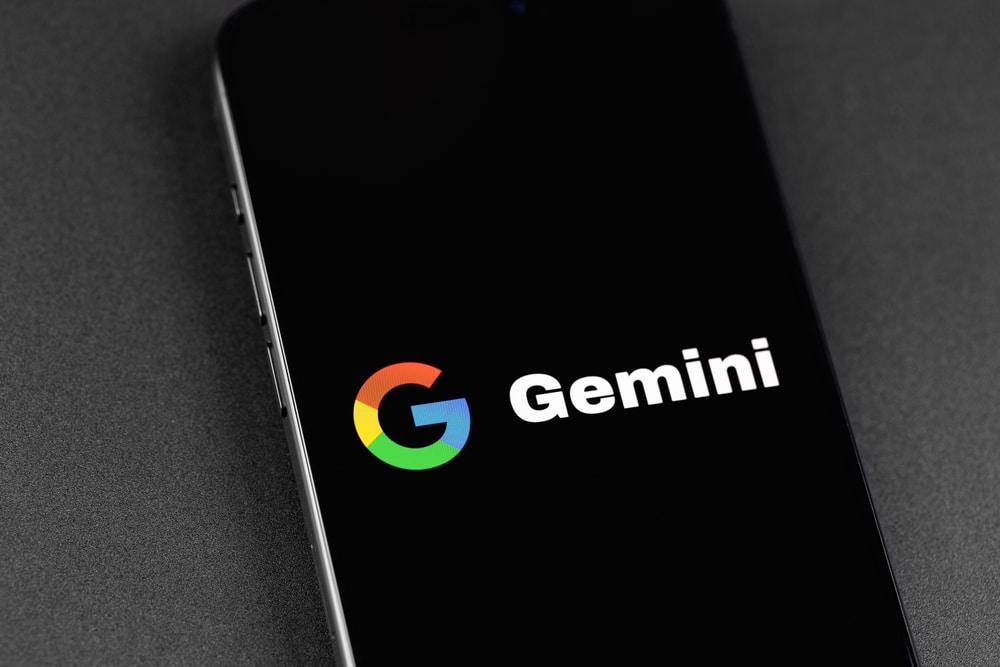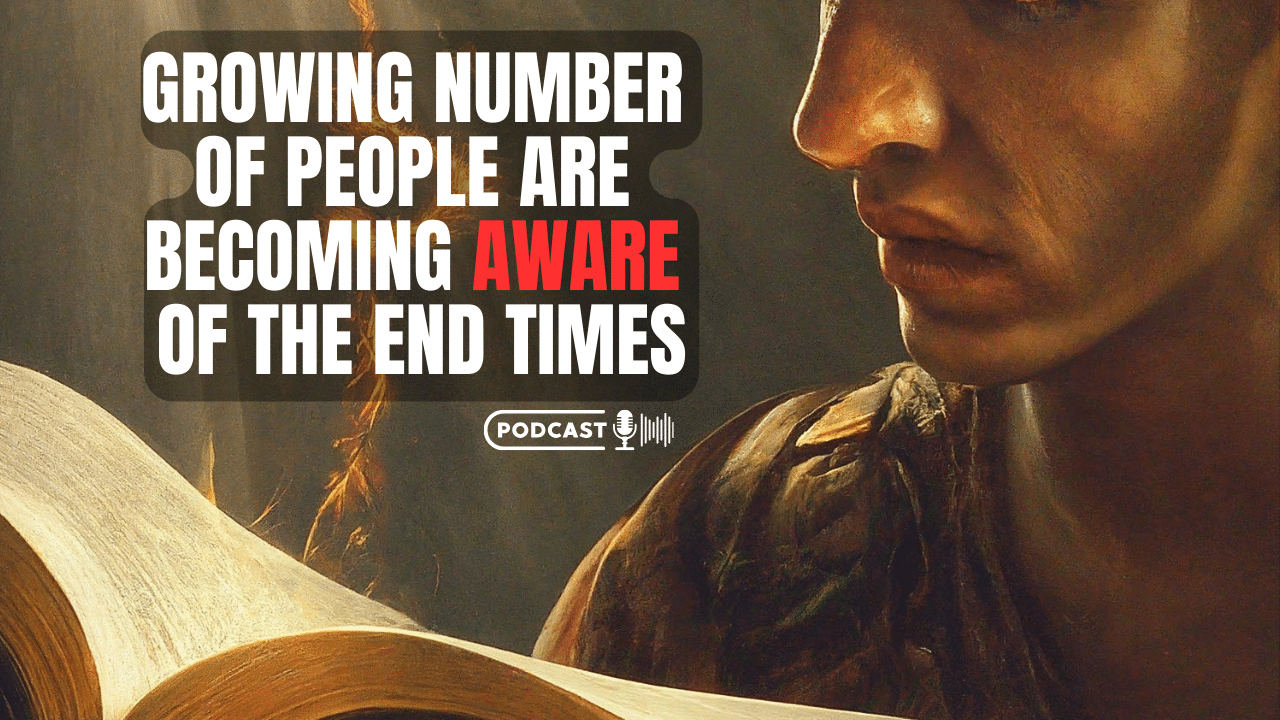(OPINION) What happens when the platform that controls all your social interactions decides the content you post is not ‘acceptable to community standards’? Beliefs such as marriage is between a man and woman, or that men are actually men and women are women? Or that allowing minors to transition to another sex is dangerous?
If you’re a conservative on Facebook you have learned it means your content is blocked (or shadowbanned – visible but limited) and your account is at risk of being placed on restriction or shut down.
Now imagine that same type of philosophy being applied to the banking industry. Could banks that don’t like their account holders conservative values shut them down? Too far-fetched you say?
It is already happening now and if it is not nipped in the bud now those banks getting away with with it will set a precedent for other woke banks that have decided they don’t like conservative values because they are ‘too risky’.
The latest example of such debanking is Indigenous Advanced Ministries – a Memphis, Tennessee-based nonprofit engaged in charitable efforts for orphaned children in Uganda.
The ministry was warned without explanation by Bank of America in a letter in April that the organization was “operating in a business type we have chosen not to service at Bank of America” and would be closed within 30 days. An additional letter was sent in May stating its “risk profile no longer aligns with the bank’s risk tolerance.”
Sounds kind of vague doesn’t it? Like other conservative accounts that have faced such closure no specific reasons are given but instead vague general terms that can pretty much apply to any activity.
This is the same type of response conservatives received from Facebook when they tried to find out what ‘community standards’ had been violated. No details are provided giving those on the censorship side a wide range of cover to persecute as they like with no accountability.
The ministry – which believes in pro-life values and that marriage is between one man and one woman on its website – has maintained two accounts with the bank since 2015 and has now filed a consumer complaint this week to Tennessee Attorney General Jonathan Skrmetti to determine whether their accounts were closed due to religious discrimination.
Indigenous Ministry founder Steve Happ wrote in the complaint he was left “very confused” as the ministry does not “donate to or otherwise advocate for any political causes, domestic or international.”
“They would not talk to us about the reasons why they closed the account.” “This is what we see every time in these situations, the banks close an account, they say vague reasons, and it’s suspicious; it looks suspiciously like it’s political or religiously motivated,” he said.
“I am concerned that Bank of America canceled our and our partners’ accounts because it disagrees with our religious views,” Happ wrote.
The sudden closure of the account left the ministry scrambling, the ministry said, and disrupted their planned Uganda mission trip in June and temporarily impacted salary payments there. This is not an isolated incident and the move comes as ‘debanking’ has grown across different banks.
A few months ago JPMorgan Chase & Company were also accused of ‘debanking’ members of conservative and religious groups by 19 Republican states. With rising frequency, clients associated with conservative or religious beliefs are reporting being expelled from financial institutions, including Sam Brownback, former U.S. Ambassador for Religious Freedom and current head of the nonprofit National Committee for Religious Freedom.
“We’ve just heard of way too many groups and entities, particularly religious-associated ones, that have been canceled by their providers, and we want to start seeing some of these cases investigated,” Brownback commented.
The root of the issue is within the heart of “woke corporate America.” “The banks are still pretending to be neutral. That’s a good thing.” “Now, I don’t think they are neutral, but at least they’re pretending. Other companies are just flat out admitting that they have no regard for people of faith or people of a different political belief system.”
We can also be thankful that unlike Facebook we have a large number of banking institutions to choose from. However, if the larger banks get together and reach similar policies, smaller banks will follow.
Last September, Christians were given a wake-up call to the dangers of financial companies holding too much power when popular online payment processor PayPal announced impending updates to their Acceptable Use Policies (AUP). Reported first by The Daily Wire, the policy update stated that it would debit users up to $2,500 if they engaged in banned activity such as “promoting misinformation” or “hate,” effective November 3.
As the headline spread across the media, the idea that PayPal’s terms gave the company the right to withdraw several grand from bank accounts did not sit well with users, sparking outrage among many who viewed these actions as Big Tech censoring speech.
The DailyWire’s Candace Owens beckoned her following to exit the platform, tweeting, “Just moved all money I had in my PayPal account out of it. And I very much suggest you do the same… #PayPal is dead.”
“Hercules” actor Kevin Sorbo added his thoughts to Twitter, posting, “PayPal isn’t sorry, they’re just mad they got caught.” Another conservative influencer tweeted his warnings on what this policy would mean for those who speak out on issues of sexual orientation and gender identity, considered “discrimination.”
Even former PayPal president David Marcus tweeted out his criticism of the policy, saying, “@PayPal’s new AUP goes against everything I believe in. A private company now gets to decide to take your money if you say something they disagree with. Insanity,” to which multibillionaire Elon Musk responded, “Agreed.”

















